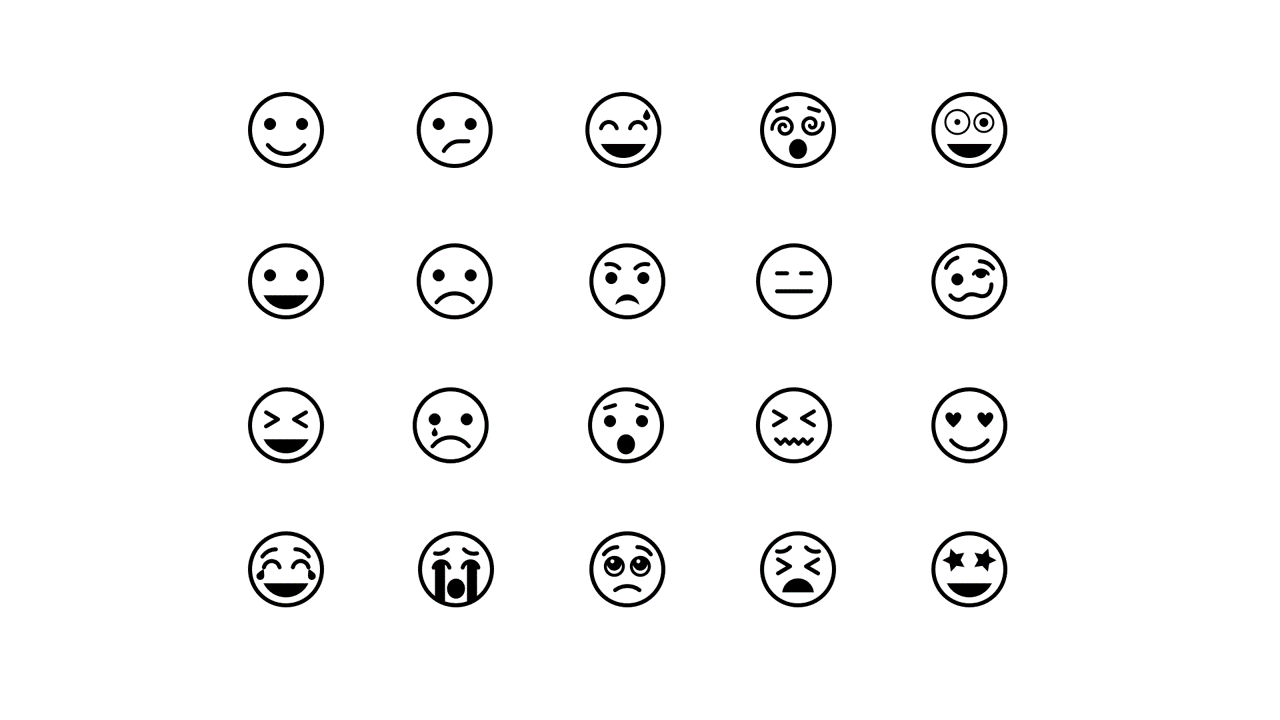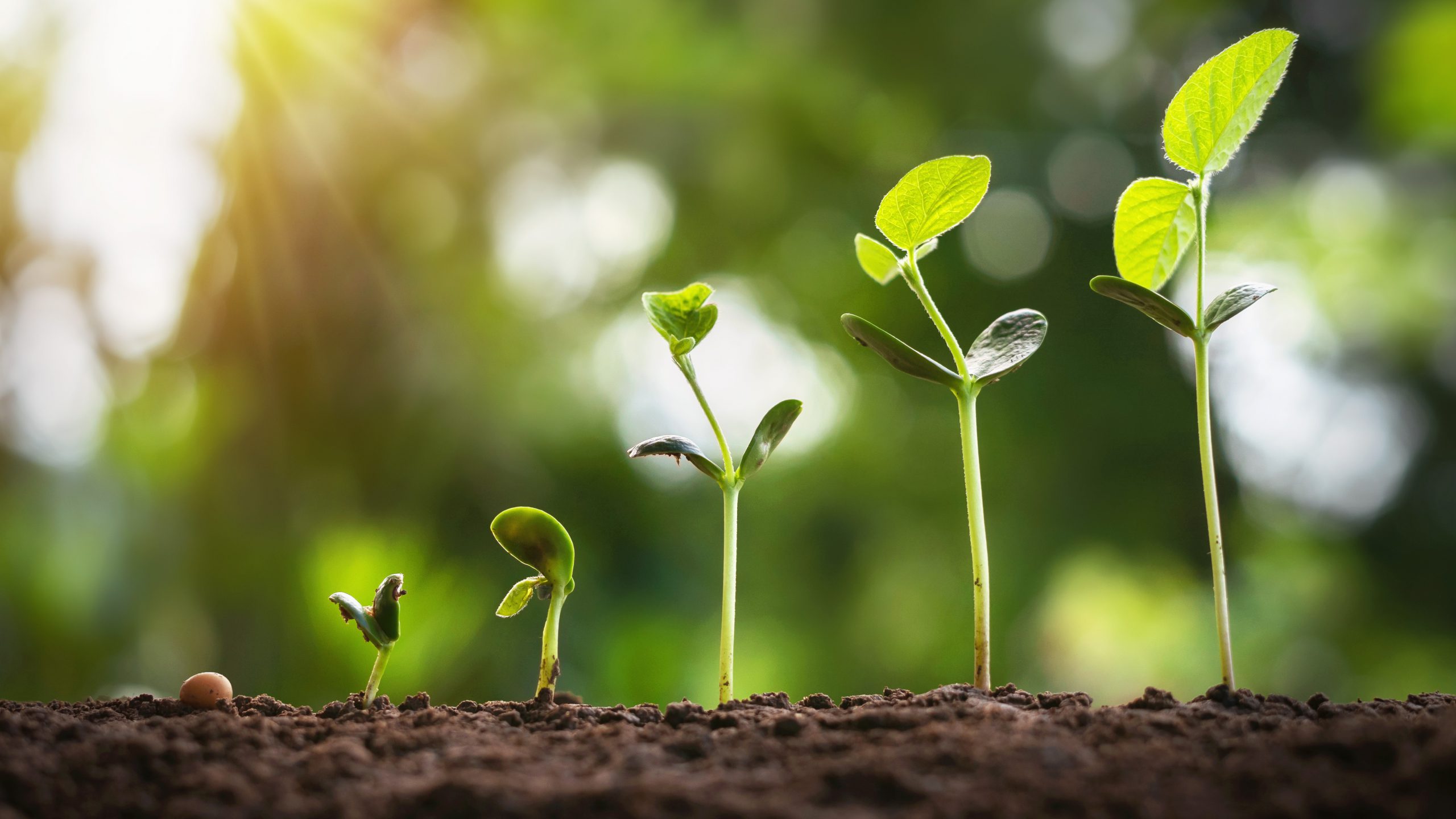The end of the year has always been a time where most people would slowly wind down and relax, as they say goodbye to the current year and get ready to usher in the new year with more hopes and wishes for a better start.
Under a more regular situation, this is the time whereby most people would be posting their Best 9 pictures on Instagram filled with travel memories and family gatherings to remember the year by and make plans as well as New Year’s Resolution to a better version of themselves in the next year. But the year 2020 has proven that it is unlike any other years.
How has your 2020 been?
A Time for Internalization
What did the year 2020 mean to you? For many, it was a good time for realization, internalization and gratitude. For some, it was a year of reflection, taking in thoughts of what has happened over the years and the challenges faced in 2020. For some others, it was a year filled with cognitive dissonance. But most people agreed on one point: Gratitude.
”Gratitude can be found on the flip side of most everything. Rarely is anything 100 percent bad. 2020 was not the year to get everything we want. This was the year to appreciate everything we have, savour it and learn to live more intentionally.
Kriti MakhijaChief Financial & Compliance Officer, Genesis BCW
This quote, and similar quotes have tugged the heartstrings of many. People are starting to notice the many blessings they have always taken for granted, especially health and family. People are also re-learning how to lead a meaningful life by reprioritizing.

“Reflaction” time
During my MBA, I remembered Professor Wakasugi saying the word “reflacting”. When I got home that day, I wrote it on the Post-It-Note. This note has been with me for the past 6 years, never failing to remind me of the importance of reflecting and acting on the deep thought.
The end of the year is a great time to slow down and unwind oneself from the tangles of life. It is a good time to relax and reflect on the year, to take time to think about the challenges and opportunities experienced.
The year 2021 is where the action part of “reflaction” kicks in. This is when we could take the opportunity to do something after thorough reflection.

What Should I Reflect on?
There are many things one could reflect on, be it an internal or external experience. Something external would be the events that has happened in 2020 that directly or indirectly impacted one. Something internal could be related to the feelings or emotions exuded in response to the experience.
The Institute of You recently came up with a list of 50 powerful questions that you could use to reflect on 2020 and plans in 2021.
Some of my favorite reflection questions in the list by The Institute of You are as listed below:
A Brand New Me, Version 2021
What have we learned about our own self in 2020? What makes us happy, sad, excited, motivated… What did we enjoy most in 2020, and what hurt us bad?
As human beings, we are always a “Work in Progress”. With change as a constant in life, we are constantly in motion. Very importantly, one must accept that having emotions is not a sin, but rather, is human.
As human beings, one must accept that human beings are emotional beings. According to an article on Healthline, “repression of emotions can factor into mental health conditions such as stress, anxiety and depression.”
Reflection helps one to understand their own self better. It is good to discover why do certain experiences trigger certain emotions in oneself, as well as to identify emotions that are considered productive and positive and those considered counter-productive and destructive.
Only after understanding our own self well can we embark on the next journey, the healing journey.

The many emotions of a human being
A Year of Healing
In the Bible, the book of Ecclesiastes says that there’s “a time to break down, and a time to build up.” 2020 has been indeed a year of much tragedy and tears. The pandemic has clearly upended the lives of many, and sent the world plunging down to new lows of suffering and grief, economically and socially. The Secretary General of the United Nations, Antonio Guterres calls for healing in his new year’s video message. “Healing from the impact of a deadly virus. Healing broken economies and societies. Healing divisions. And starting to heal the planet,” Guterres said, adding that this “must be our New Year’s Resolution for 2021”.
This process of healing requires a lot of help and support from those around us. Who would they be? It is very important for us to identify someone within our circle of family and friends who are willing to listen and spend time with us. If you find yourself struggling to ask someone, let go of judgment. Remember that little voice in your head that tells you that people do not care? Turn that voice off. Instead, try understanding the cause or reason for the feeling. Rationalize.
As America’s President-elect Joe Biden quipped on Twitter, “The challenges that we face … will not disappear overnight, but as we look forward to the start of the new year, I’m filled with fresh hope about the possibilities of better days to come. After a year of pain and loss, let us unite, heal, and rebuild in 2021.”
Make 2021 the year of healing. The healing of our mind, soul, spirit and more. And invite the people we trust into this circle of healing.
”We will need to heal from 2020 in order to appreciate where we’re heading to. Because if you don’t heal, you’ll bleed on people that didn’t cut you.
Assoc. Professor Dr. Roslina binti Abdul LatifTaylor's University, and Author of Sidelines
In a Nutshell
With hedonic adaptation as an adaptive mechanism, we human beings are at an advantage of “getting used to change”. While this is a huge plus point for survivability, it also means that we would oftentimes forget the lessons we have learned in the past.
Let us hope we would not forget the lesson we have learned from 2020. May we be appreciative of the people around us and grateful for what we have. And may humanity prevail in the face of adversity and thrive in good times.
Thoughts and views expressed in the article are solely the authors. If you are still feeling the pain and depression caused by the events of the past year, please do seek consultation from a qualified professional.










